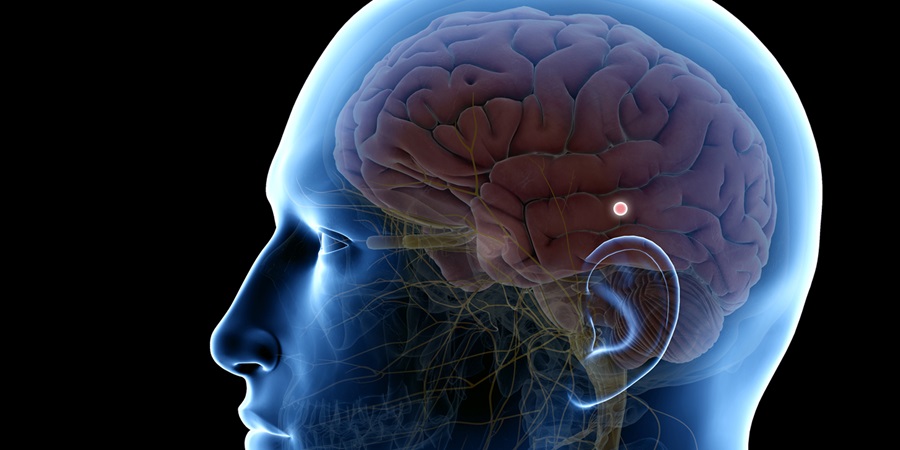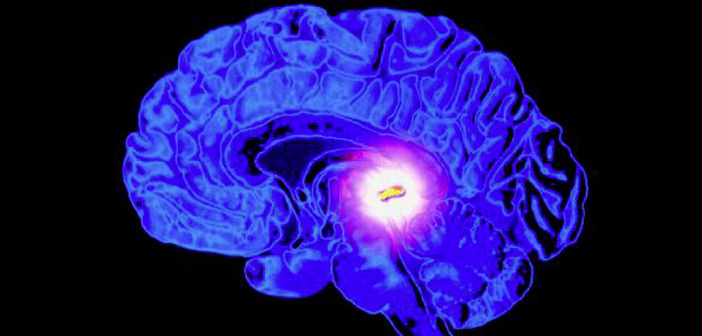Pineal Gland Calcification Linked to Alzheimer’s and Low Energy

The pineal gland is a small pine cone-shaped gland located in the middle of the brain. Although it is small, it plays a big role in your health and energy. When your pineal gland is working properly, you generally feel more alive and energized. This is due to the fact that your pineal gland produces melatonin, a natural chemical that prevents free radicals from harming your cells and DNA. According to MidNite, melatonin also helps improve immunity and is known for making people feel a sense of wellbeing and happiness.
Pineal gland calcification, Alzheimer’s, and low energy

One of the main reasons why pineal gland calcification leads to low energy is because when the pineal gland is calcified, it can’t produce sufficient levels of melatonin. Melatonin is needed to activate the body’s sleeping mechanisms. In other words, without this natural chemical, you would have a hard time falling asleep. A dysfunctional pineal gland can lead to certain health conditions, including but not limited to insomnia, fatigue, anxiety, cancer, and Alzheimer’s.
Since melatonin has antioxidant properties, it is important for preventing neurodegenerative diseases and other health conditions that contribute to low energy and chronic fatigue syndrome. Antioxidants, such as melatonin, are needed to prevent free radicals from growing out of control. Without antioxidants, the numbers of free radicals in your body will increase to dangerous levels.
Free radicals are great at destroying your health because they like to harm the natural structures of the molecules in your body by stealing their electrons. This process can damage your DNA and cells, leading to all sorts of health problems, including but not limited to premature aging, cancer, Alzheimer’s, and low energy.
Sodium fluoride and pineal gland calcification
Unlike most parts of the brain, the pineal gland has a direct connection to the bloodstream, which is why the blood flow through the pineal gland is higher than any part of the brain. Most other parts of the brain are protected by the blood-brain barrier system. The main purpose of this system is to stop harmful chemicals from entering into the brain. Since the pineal gland isn’t really protected by the blood-brain barrier system, harmful chemicals (e.g., sodium fluoride) can easily get inside this gland.
Many people have been conditioned to believe that sodium fluoride (also known as fluoride) is good for their health. The hidden truth is that sodium fluoride is a toxic waste that is more lethal than rat poison.




